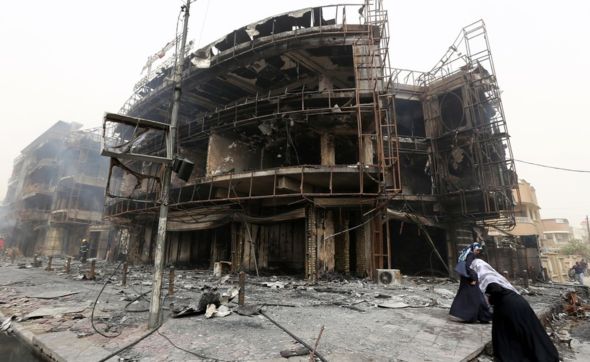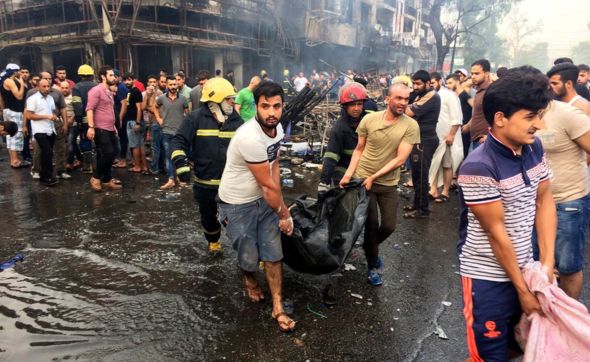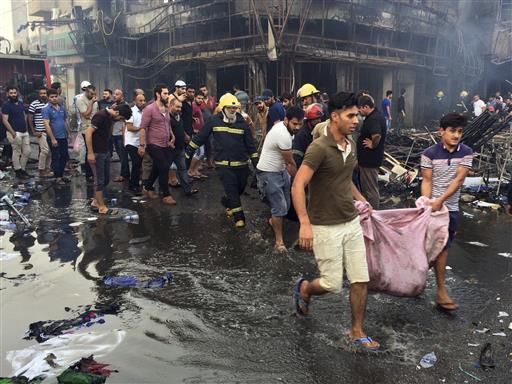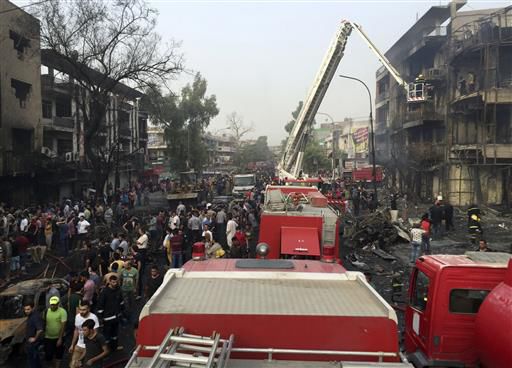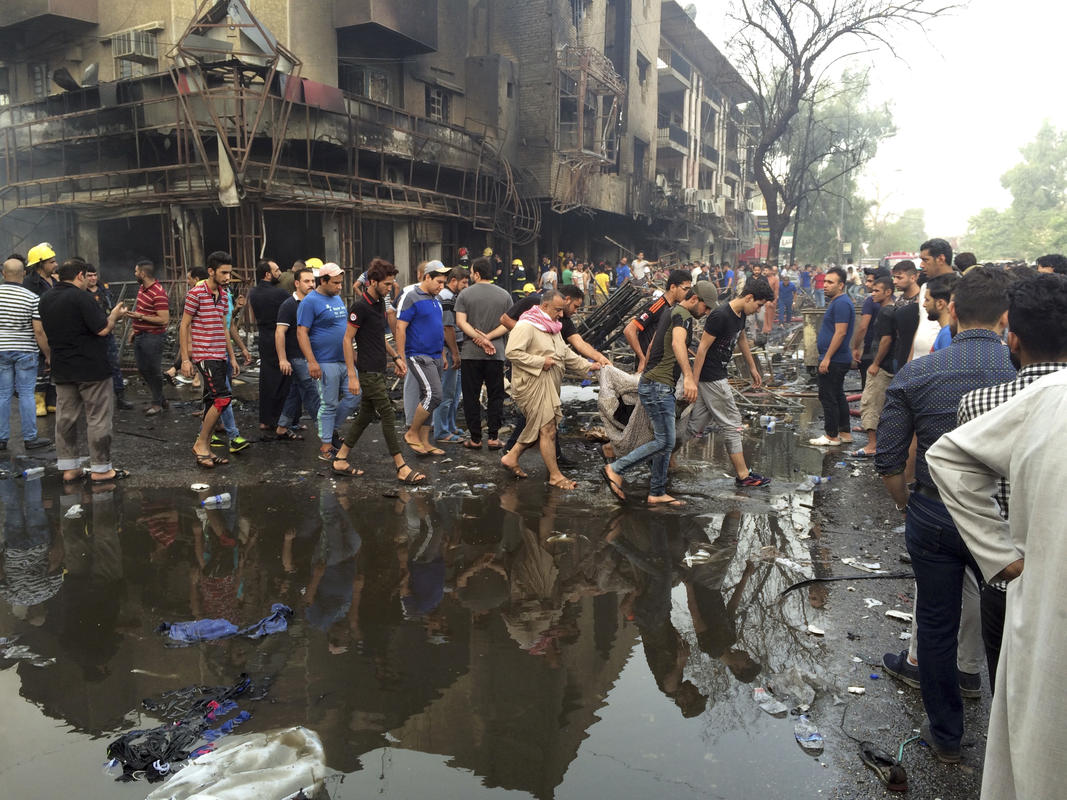All You Need To Know About The Baghdad Car Bombings
It was the deadliest bombing in Iraq since July 2015.
It was supposed to be a happy occasion for residents in Baghdad, Iraq, who were out celebrating Ramadan on, 3 July.
However, things took an ugly turn when two blasts ripped through busy market areas in Baghdad's central Karrada district.
Officials said that a suicide bomber struck shortly after midnight when families and young people were out on the streets after breaking their daylight fast for the holy month of Ramadan.
It was reported that a second bomb exploded later at an outdoor market in the Shaab neighbourhood of southeastern Baghdad.
According to international reports, the attacks killed at least 125 people, including 25 children and 20 women
The powerful explosion early on Sunday came near the end of the Islamic holy month of Ramadan, when the streets were filled with young people and families out after sunset.
Sources said around 200 people were wounded when a lorry packed with explosives blew up in a busy shopping street in Karada, a predominantly Shia neighbourhood in central Baghdad.
It was said to be the most deadliest attack in the capital this year
In the first six months of 2016, it was estimated that about 2,735 civilians were killed in Iraq, according to a U.N. statistics.
ISIS has claimed responsibility for the attacks
Both Baghdad strikes are a sign of the Sunni-Shiite tension in the Muslim world. Sunni-dominated ISIS claimed it was targeting Shiite neighborhoods. Karrada and Shaab are predominately Shiite.
"These acts of mass murder are yet another example of Daesh's contempt for human life," said State Department spokesman John Kirby, using another term for ISIS.
Suicide car bombs were used in the attack, a tactic central to the organisation’s operations
People inspect the site of a suicide car bomb in the Karrada shopping area, in Baghdad, Iraq.
Image via KHALID AL MOUSILY/ReutersThe deadly attacks came just over a week after the Iraqi army successfully dislodged ISIS from their stronghold of Falluja, an hour's drive west of the capital
Civilians carry the body of a victim killed in a car bomb at a commercial area in Karada neighborhood.
Image via AP Photo/Khalid Mohammed"ISIS is attuned to symbolism, and this was in part payback for Falluja," said an Arab intelligence official based in the region.
"They want (Iraqi Prime Minister) Abadi to know that they still live among them. And, despite their losses, they haven’t gone anywhere."
Falluja was under ISIS control since January 2014.
